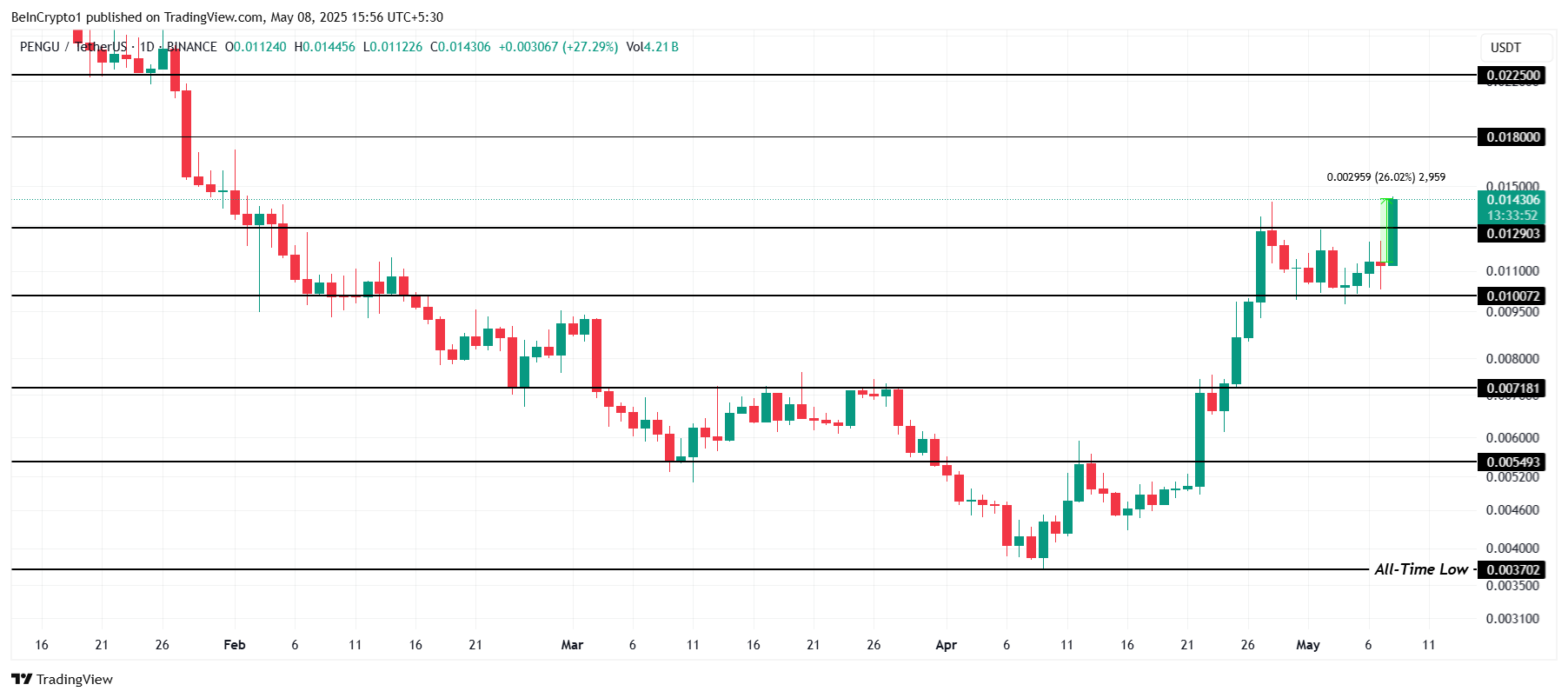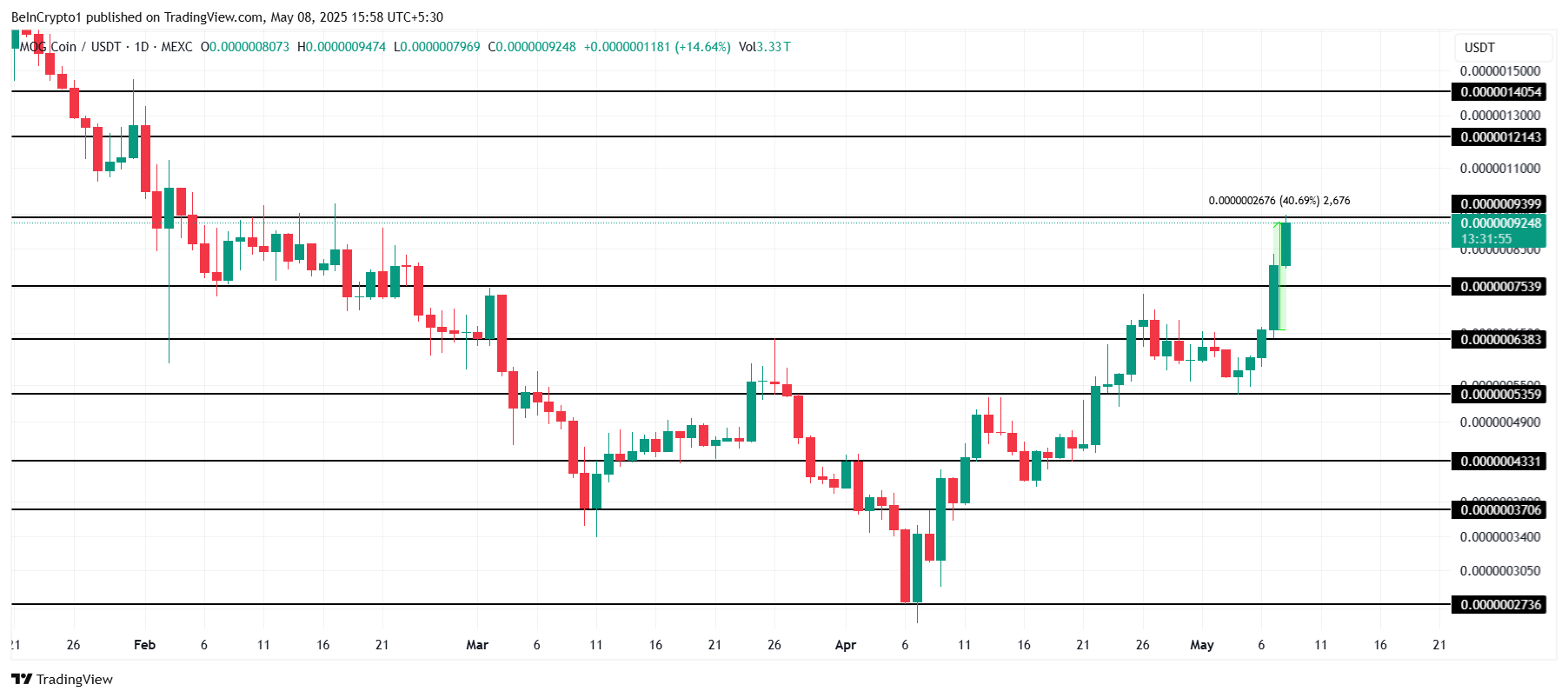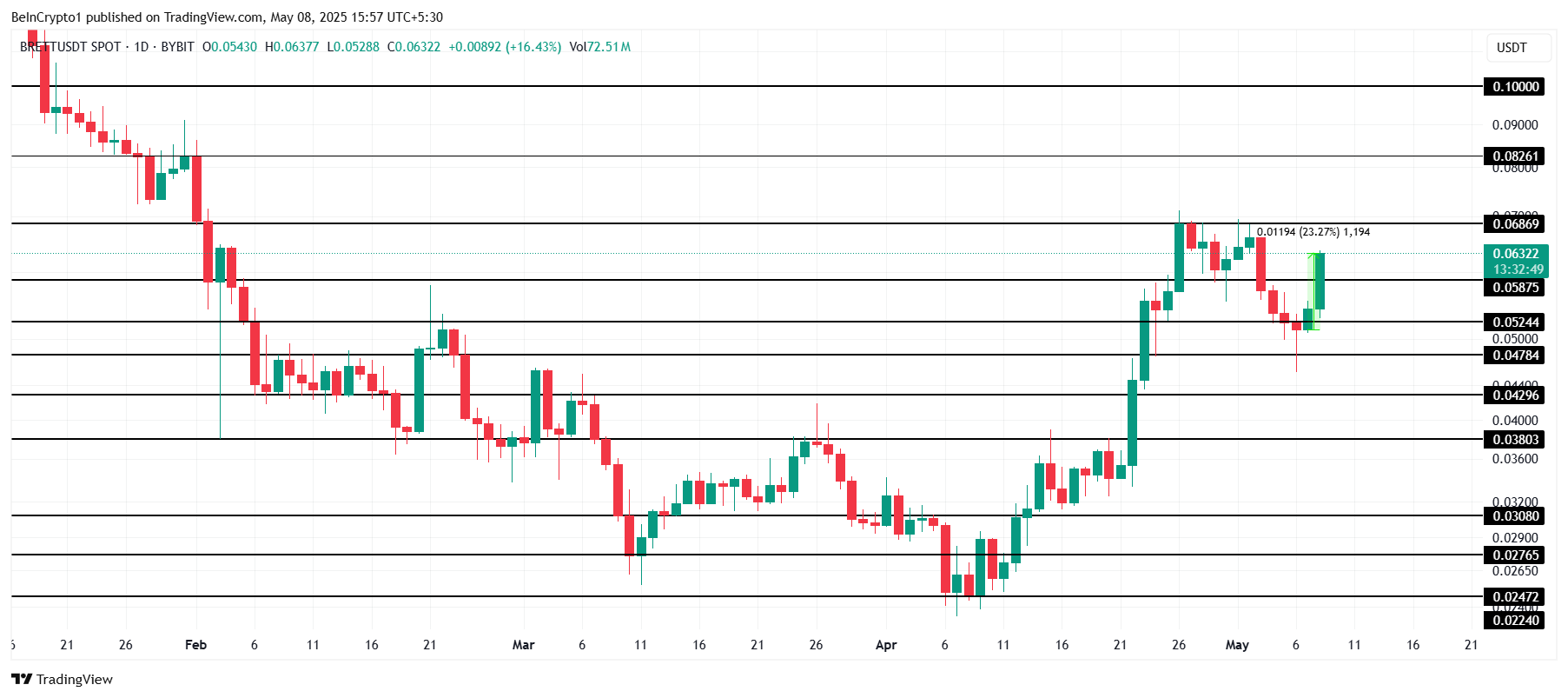Changpeng Zhao (CZ) has proposed a significant change involving gas fees for transactions on the Binance Smart Chain (BSC), sparking community interest.
Users who transact on the Binance Smart Chain pay a BSC gas fee, with CZ now calling for a significant reduction to the standing rate.
Will Binance Smart Chain Reduce BSC Gas Fees?
Any user who has ever transacted on the Binance Smart Chain has undoubtedly paid a BSC gas fee. It refers to the transaction fees required to process transactions on the BSC network.
The gas fees are paid in BNB, the powering token for the Binance ecosystem, and the native crypto of Binance Smart Chain.
Data on BscScan, the blockchain explorer that tracks transactions on the BNB Smart Chain, shows gas fees at 1 Gwei as of this writing.
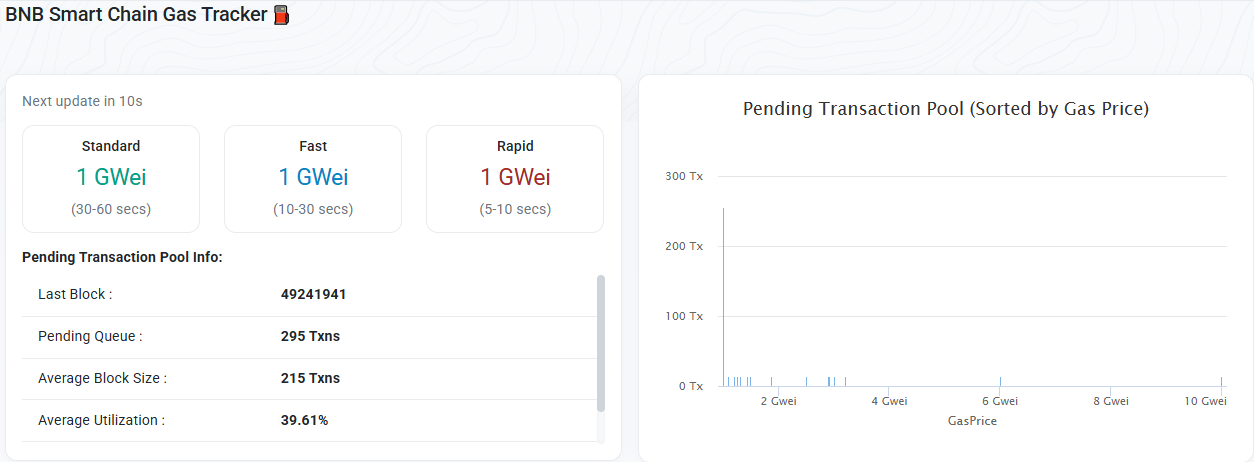
Meanwhile, data on Bitbond shows gas fees of 1.3 Gwei or $0.017 for a 15-second fast transaction speed.
Users looking for normal speeds of up to one minute pay 1.1 Gwei or $0.014 in gas fees. Slow transactions of up to three minutes require a gas fee of 1.0 Gwei or $0.013.
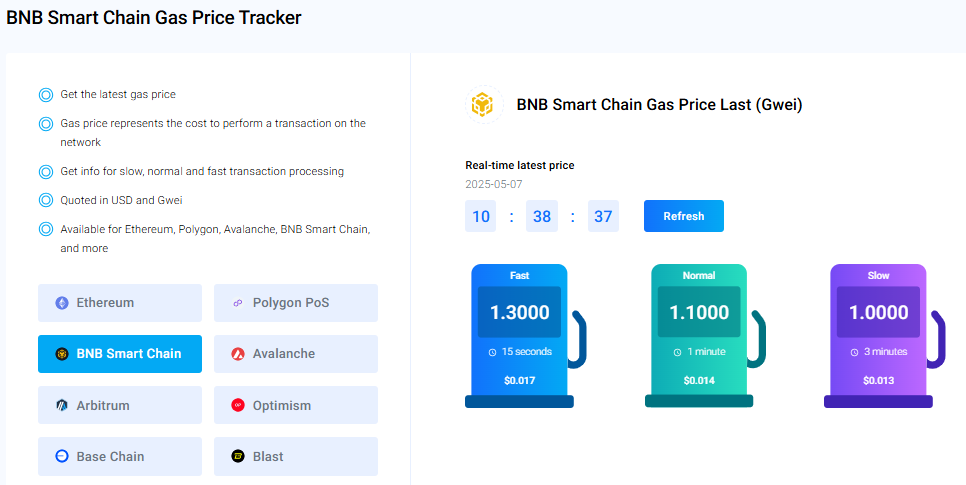
Still, there have been times when BSC gas fees jumped, adding up quickly for arbitrage traders.
Notably, the amount of gas fees required for a transaction depends on the complexity, size, and network congestion at the time of the transaction.
Binance founder and former CEO Changpeng Zhao wants the rate revised, sharing the proposal in a post on X (Twitter).
“Let’s reduce BSC gas fees? by 3x, 10x?,” CZ posed.
Binance Users React: Will Lower Gas Fees Drive More Activity on BSC?
Notably, BSC gas fees are generally lower than on the Ethereum network. This makes BSC popular for decentralized applications (dApps) and transactions.
“Hey CZ, much appreciated, but as I use BSC chain most of the time, I have rarely felt that I’m paying any fee, like it’s too minor sometimes free,” one user remarked.
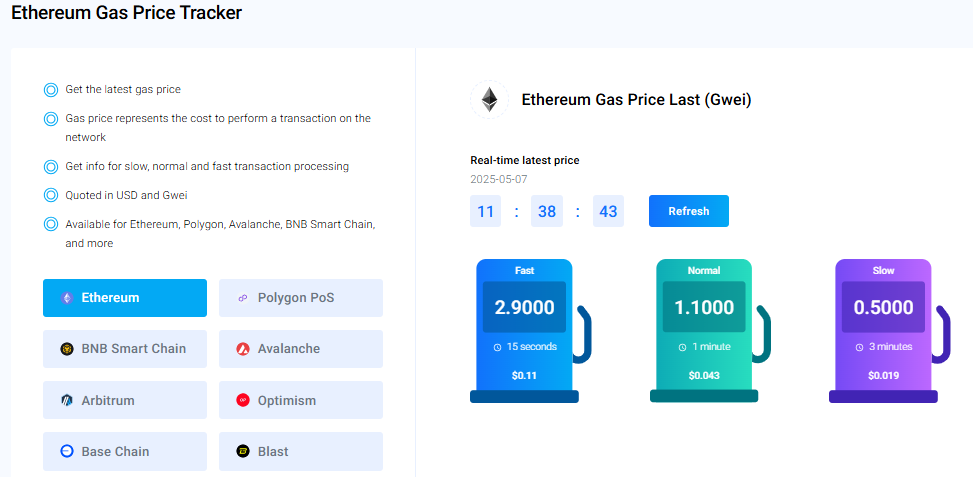
While CZ considers reducing BSC gas fees, he remains cognizant of the challenges of low gas fees. Against this backdrop, he refuted suggestions for zero gas fees.
CZ cites the role of validators and builders, who maintain network integrity and security by processing transactions, preventing double-spending, and ensuring trustless operations.
“Lots of spam, and also need to consider validators and builders,” CZ challenged.
The absence of gas fees would overwhelm the network due to a lack of cost deterrence, a common issue in blockchain systems.
To some, however, the adjustment would be a game-changer, benefiting decentralized finance (DeFi) and gaming, among other sectors. Others advocate for continued BNB burns for ecosystem growth.
“BNB burning from fees is good for BNB growth. No need to reduce,” another user wrote.
Meanwhile, it is worth mentioning that lower BSC gas fees could draw significant volume and activity. Recently, Tron founder Justin Sun advocated for lowering the costs, hoping to attract more traffic to the Tron blockchain.
“IMO, lowering fees and raising the energy cap won’t hurt TRON’s profitability. The fee cut should drive transactions to 20 M+ daily in three months, expanding market share and boosting profits. More energy will also encourage TRX staking for free transfers,” Sun stated.
He also spearheaded energy cap adjustments and reduced SunPump gas fees by 50%, lowering transaction costs to encourage greater user adoption.
Amidst these efforts, TRON’s revenue surged to record highs, placing it first among all blockchains at the time.
The post Changpeng Zhao Calls for 10x Cut in Binance Smart Chain Gas Fees, Sparking Community Buzz appeared first on BeInCrypto.





